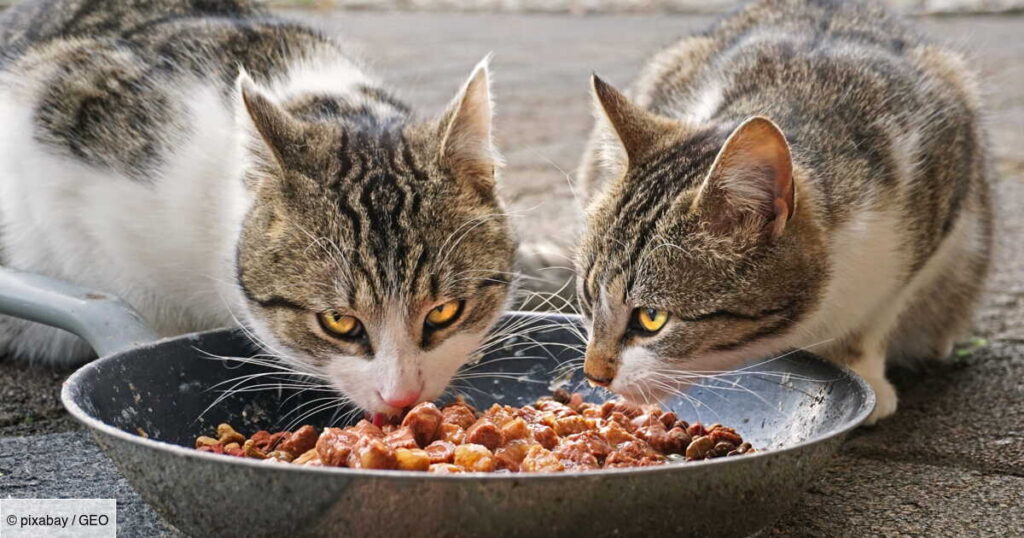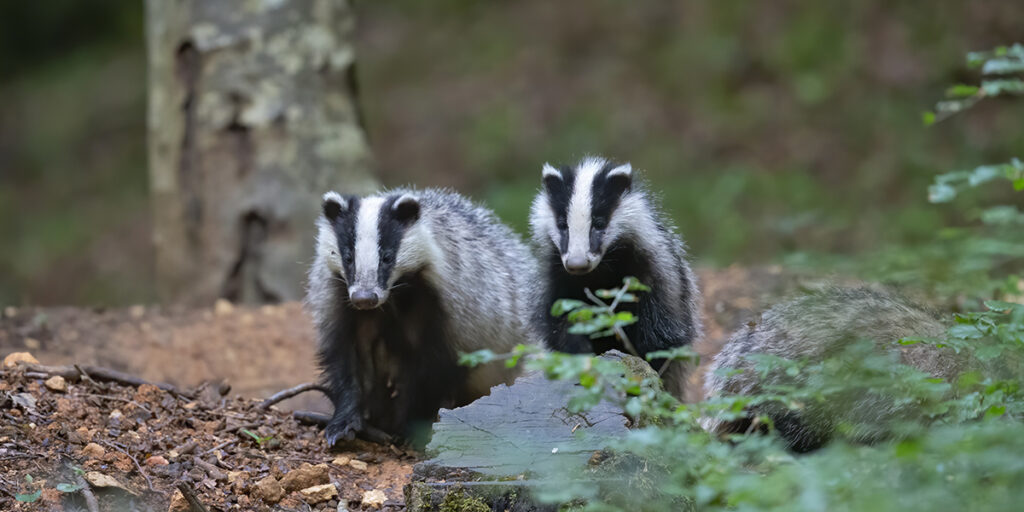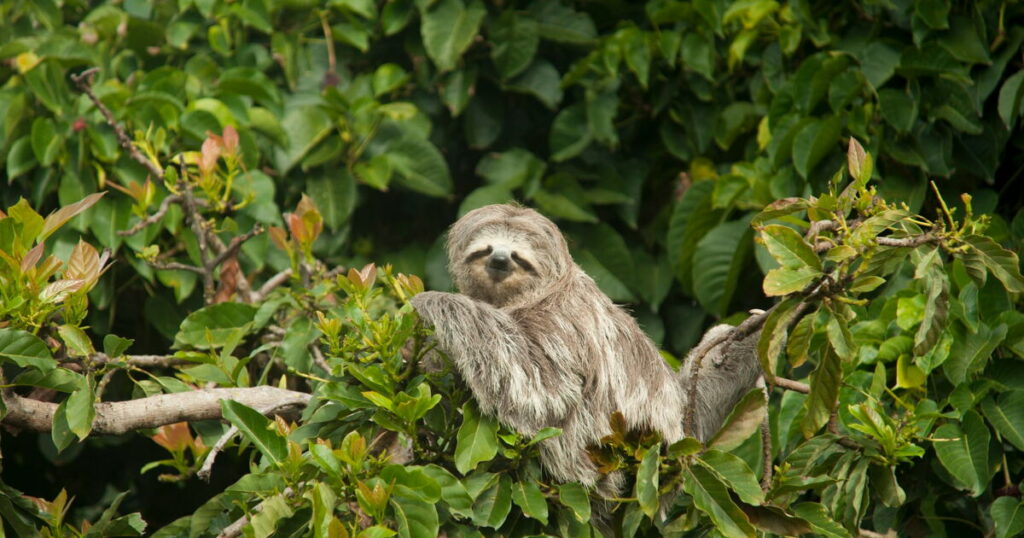
Eating in excess is bad for your health. And cats are no exception to this rule. Scientists from the University of Illinois reveal in a new study published in Journal of Animal Science that overfeeding our small pet felines reduces the digestion of nutrients and causes changes in their intestinal microbiota.
⋙ Ancient Egypt: discovery of the tomb of a royal scribe, protected from snake bites by magic formulas
The study of weight gain in cats
These revelations come at a time when, like humans around the world, cats are also subject to the problems of a sedentary lifestyle and obesity. In the United States alone, nicknamed the land of junk food, more than half of cats are overweight. The authors of the study explain that while weight loss is a widely studied phenomenon, this is not the case for weight gain. So they focused on this aspect.
The rest under this advertisement
Nature takes its time…
like this ad!
Nature takes its time…
like this ad!
These little-known feline species
“We wanted to learn more about the metabolic and gastrointestinal changes resulting from overfeeding and weight gain in cats”indicates Kelly Swanson, nutrition scientist and lead author of the study.
⋙ A hybrid animal between a dog and a fox was discovered for the first time in Brazil
To carry out their research, the scientists studied 11 sterilized adult cats of normal weight. During the first two weeks, the animals were fed in a measured manner. Then, for the next 18 weeks, they were able to eat as much and as often as they wanted. And they did not deprive themselves of it, resulting in weight gain.
The rest under this advertisement
Nature takes its time…
like this ad!
Reversible consequences on health
If the activity level of the cats did not decrease during the experiment, their fat level did increase as they gained weight, with the consequence of reducing their ability to digest food. nutrients.
“When the body receives less food, it will be more efficient at extracting nutrients. But when the amount of food increases, it passes through the digestive system more quickly and fewer nutrients are extracted in the process”explained Kelly Swanson.
Another finding was that with the increase in food, felines defecated more often, producing more acidic stools – a sign that the food is not being digested efficiently.
“In humans, low fecal pH indicates poor absorption of carbohydrates and fats. Our results correlate with this, as reduced fecal pH aligns with higher food intake and reduced digestibility,” underlines the scientist.
The rest under this advertisement
Nature takes its time…
like this ad!
Nature takes its time…
like this ad!
⋙ Chimpanzees use military tactics to spy and gain advantage over rivals
Additionally, after these 18 weeks of all-you-can-eat buffet, differences in the types of microbes living in the cats' intestines were observed. Gastrointestinal transit time decreased by around 25% as the felines gained weight.
“The change in gastrointestinal transit time was a novel finding and a potential reason for the change in microbiota fecal”, revealed Kelly Swanson, indicating that more research is needed to understand how changes in the gut microbiome relate to overall health. The 11 cats in the experiment all regained their shape after being put on a restricted diet.
The rest under this advertisement
Nature takes its time…
like this ad!
⋙ Is the oldest pyramid in the world hidden in Indonesia? A new study reignites the debate
The scientists emphasize that their study highlights the importance of limiting cats' diet so that they lose weight and fat safely. Physical and mental activity is also recommended. To do this, they advise owners to separate food into small quantities and place them in different locations, or place them in food puzzles.
On the same topic :
⋙ Cats have nearly 300 facial expressions, some similar to humans
⋙ Experts recommend no longer buying flat-faced cats due to their health problems
⋙ What are the largest cat breeds in the world?




